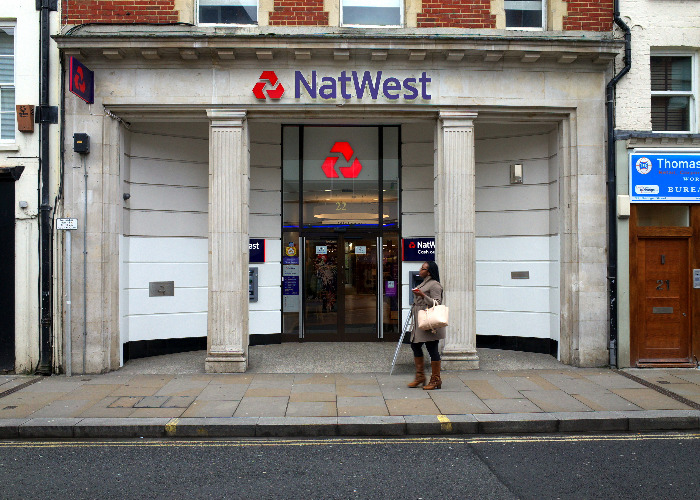NatWest 'security update' scam email: how to stay safe

NatWest ‘security update’ scam takes you through to a site with a padlock and approved security certificate.
Scammers have set up a ‘NatWest’ page that contains convincing security features, Action Fraud is warning.
The scam starts with the typical email tactic, warning customers of a security update that needs to be carried out by clicking on a link.
However, the scam gets interesting, or rather worrying, because it actually takes victims through to a 'https' page that contains a padlock and a legitimate SSL certificate, which is a security protocol used by many businesses.
Although this particular example targets NatWest customers, it’s likely scammers have created variants for other high street rivals, so it’s worth being on your guard regardless of who you bank with.
How to tell it’s fake
As you can see from the tweet below, the real telltale sign you’re on a scam site is that the url string contains the word ‘natwiest’ rather than ‘natwest’.
It seems obvious when pointed out like this, but it’s entirely possible it would be missed if you thought you were logging into your banking as usual.
Article continues below
This is a screenshot of the fake website that's been set up with the misspelled URL! pic.twitter.com/ns3tkuuimb
— Action Fraud (@actionfrauduk) August 17, 2017
While the above shows you the fake website, below is an example of how the dodgy email looks.
Article continues below
Alert: Fake Natwest emails lead to a HTTPS page that's got a legit SSL certificate🔒! We're working with Natwest on taking that URL down 👊! pic.twitter.com/CsAWgh8dBT
— Action Fraud (@actionfrauduk) August 17, 2017
A padlock doesn’t mean you’re safe!
This is a worrying new development, as people often mistake signs like the padlock and https in the url as an indication that a site is official, or secure.
It’s stating that the connection is secure. So, in this instance, it just means that other scammers won’t be able to get in on the act of stealing your details!
As always, if you receive an email claiming to be from your bank calling on you to take any action, never click on any links.
Close it down, look up their contact details (ideally from an existing statement) and ask for further information that way.
Think you may have fallen for a scam? Check your credit report today
Comments
Be the first to comment
Do you want to comment on this article? You need to be signed in for this feature